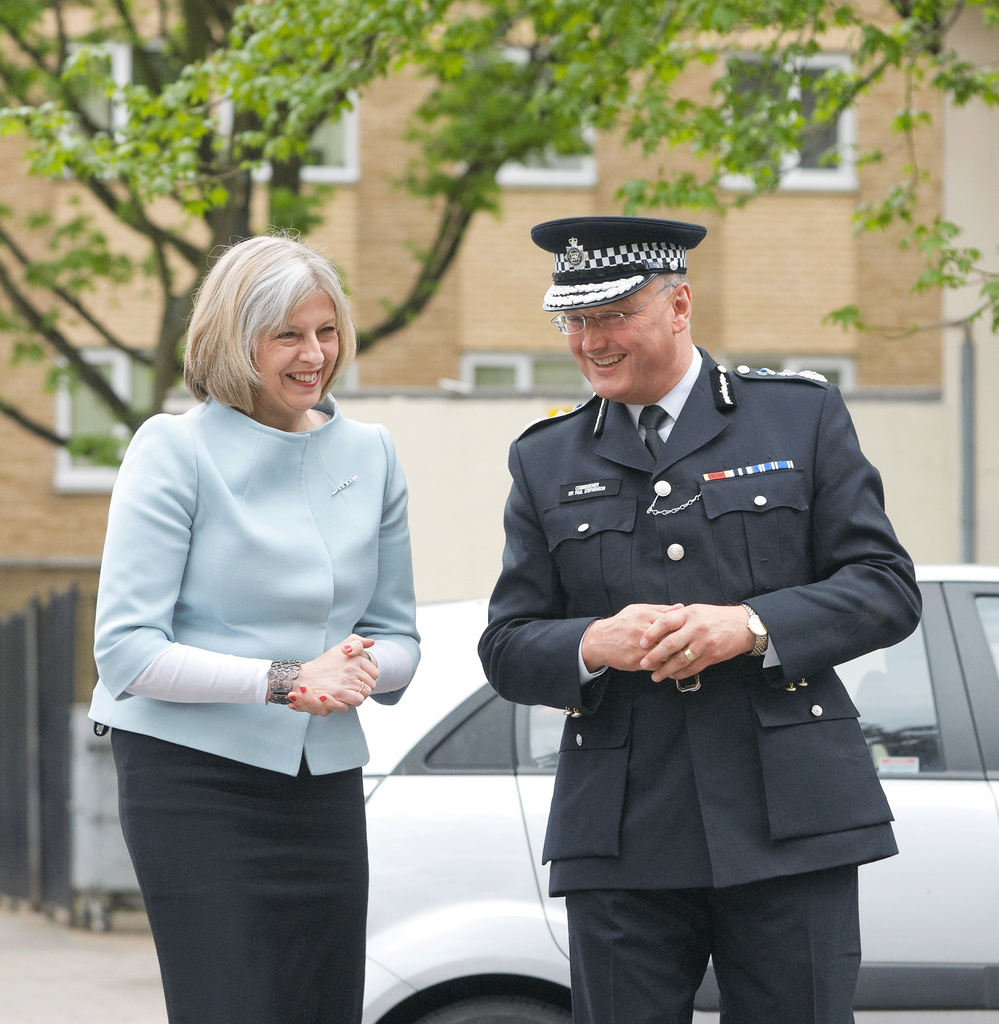Freedom of expression is under threat from new anti-terror laws that require UK universities to tackle extremism, according to a group of MPs and peers.
The government’s Counter-Terrorism and Security Bill obligates universities to prevent students from being drawn into terrorism and to stop extremist speakers being given a platform.
The bill, which was fast-tracked through parliament after an all-party agreement, may require the speeches of visiting speakers to be vetted in advance.
Home Secretary, Theresa May, fears that campuses can be a breeding ground for radical views which could cause violence.
But The Joint Committee on Human Rights said it was concerned about the “implications for both freedom of expression and academic freedom”.
The cross-party committe said that there would be a “seriously inhibiting effect on bona fide academic debate in universities”, due to the legally uncertain definitions of terms such as “extremist” or “radical”.
Their calls for universities to be taken off the list of institutions that would be required to tackle extremism were ignored.
The committee’s chairman, Labour MP Hywel Francis, said that the plans “might result in academic freedom and freedom of speech…being restricted”.
He described these freedoms as “key to the functioning of a democratic society”.
On 3 February more than 500 university professors signed a letter to the Guardian urging a rethink of the proposals.
The professors called the counter-terror legislation “unnecessary and ill-conceived” and warned that academic freedom could be comprimised by efforts to tackle extremism in Britain.
“The best response to acts of terror against UK civilians is to maintain and defend an open, democratic society in which discriminatory behaviour of any kind is effectively challenged,” the letter reads.
“Ensuring colleges and universities can continue to debate difficult and unpopular issues is a vital part of this.
“Draconian crackdowns on the rights of academics and students will not achieve the ends the government says it seeks.”
The University of Sussex issued a statement on the act saying: “We support the Universities UK (UUK) position, which was aimed at toning down the Bill.
“In particular, at each of the committee stages Universities UK supported amendments that sought to increase the scrutiny and oversight of ministerial powers introduced by the Bill, and that would provide an increased recognition of the particular duties of universities in securing freedom of speech and academic freedom within the law.”
Universities are just one of the sectors that will be affected by the law. Schools, colleges, childcare providers, prisons and hospitals will all be bound by the new rules “to prevent people from being drawn into terrorism”.
The bill also gives the government the power to issue “Temporary Exclusion Orders (TEOs)” which invalidate the passports of British citizens suspected of having involvement (or risk of involvement) in terror-related activity while they have been outside of the UK.
Green MP for Brighton Pavilion, Caroline Lucas, criticised the orders in an article for the Independent, writing that “TEOs risk pushing people further into the hands of terror networks and lessening our ability to monitor their movements.”
Parliament’s Joint Committee on Human Rights said that the TEOs could potentially violate human rights legislation.
The Counter-Terrorism and Security Act was given royal ascent on 12 February, passing it into law.
Photo: Sarel Jansen under Creative Commons

